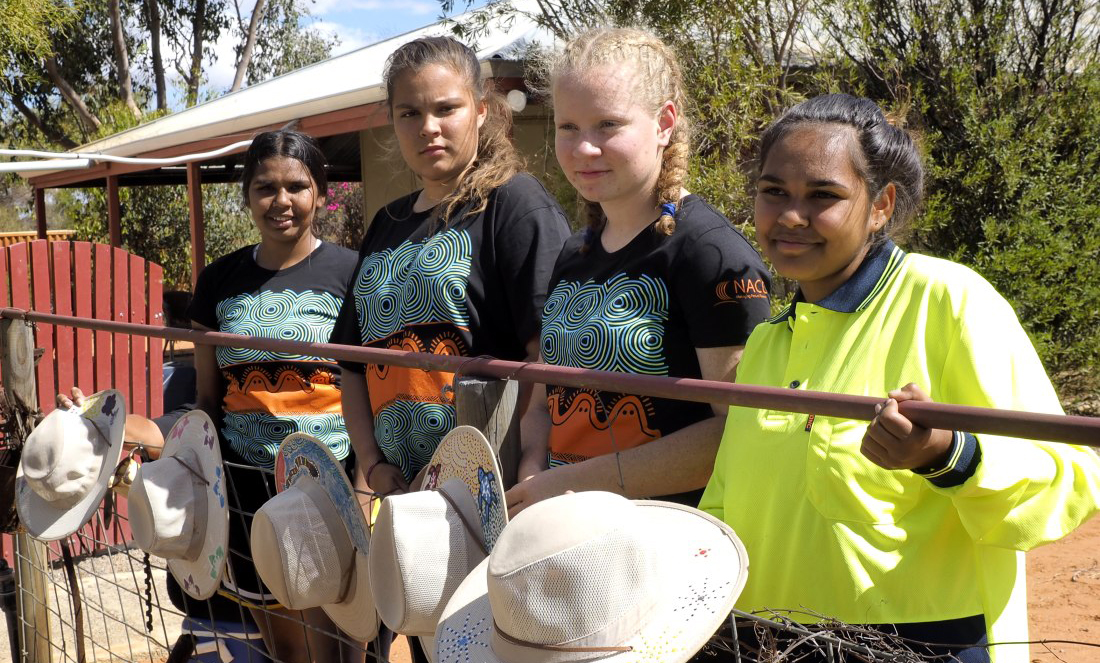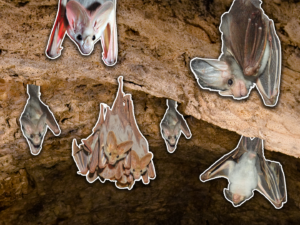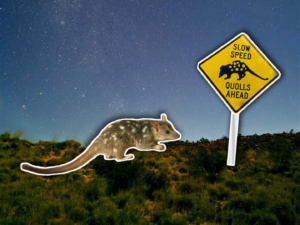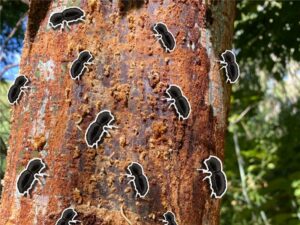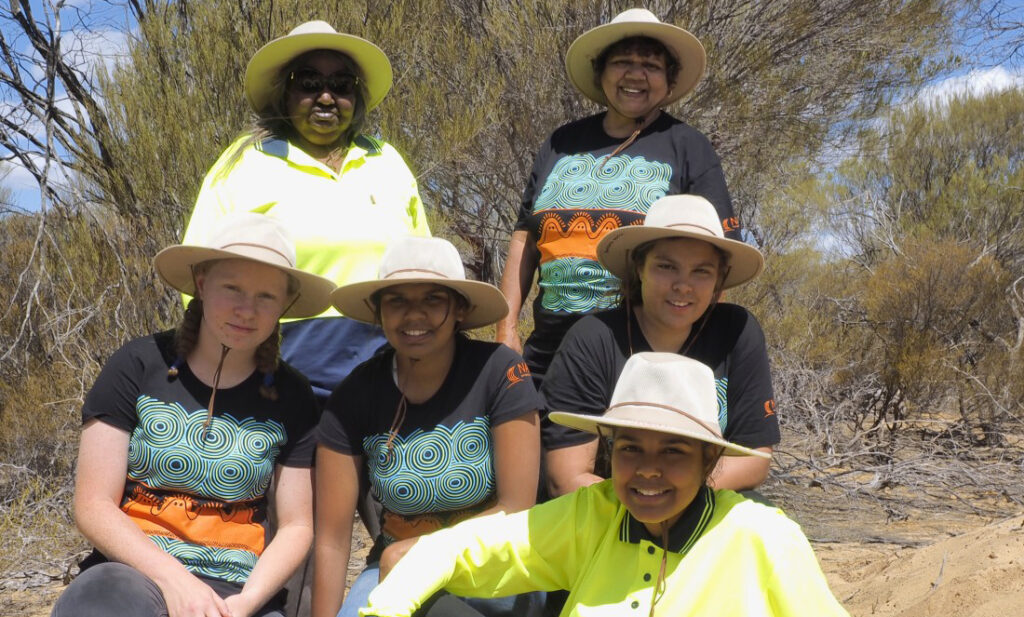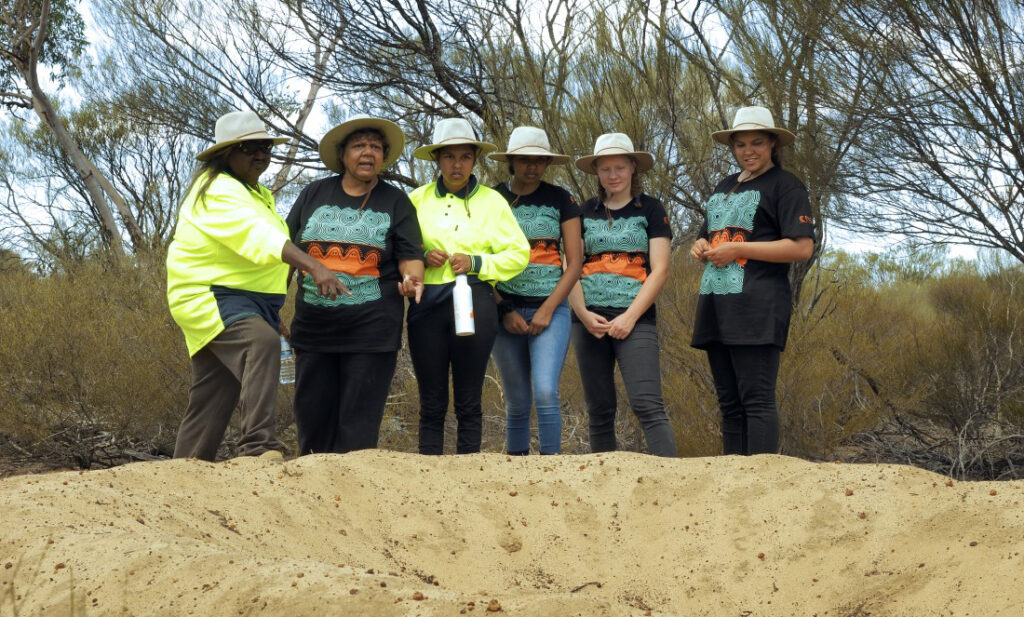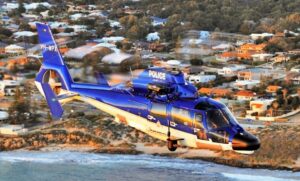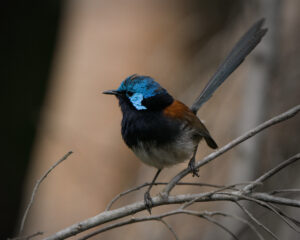Deadly Science—sounds a bit scary, right?
Fear not.
It’s simply the umbrella term for a new series of programs aimed at encouraging Aboriginal youth into science careers.
Here in Western Australia, those programs are targeting young Aboriginal women. Their goal? To pave the way for careers in conservation and land management.
The unexpected bonuses? Scientists learning from their students. And students blooming as they experience the magic of connecting to their ancestral country.
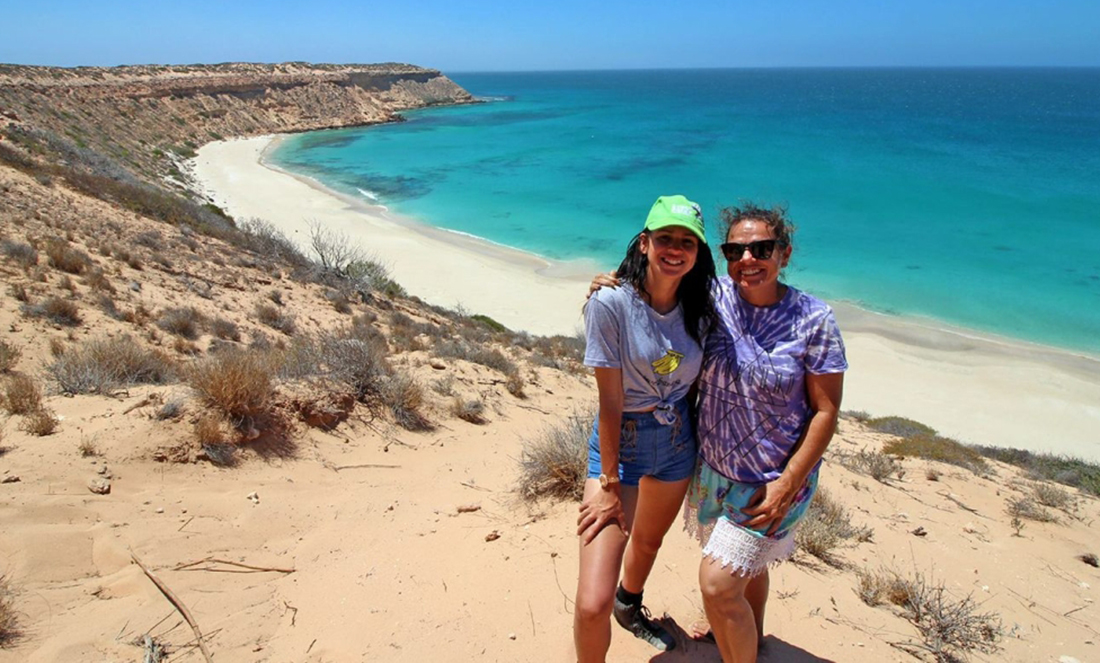
FIRED UP ABOUT SCIENCE
Northern Agricultural Catchments Council Aboriginal Liaison Officer Bianca McNeair is particularly fired up about the Deadly Science programs.
Having witnessed the success of the James Cook University Deadly Science program with marine scientist Blanche D’Anastasi on Palm Island off Queensland, Bianca is determined to bring it to WA.
She says encouraging Aboriginal women to work in conservation careers makes sense.
“Aboriginal women have a natural connection to country and an ancestral responsibility to care for it,” says Bianca.
“Teaching kids to connect to country as part of their identity can make such a difference.”
HEADING BUSH
But how do you connect town kids with the country that nurtured their ancestors, while also exposing them to science?
Easy. Head bush with some scientists.
In the first trip, Bianca teamed up with Bush Heritage scientists at Eurardy Station north of Northampton.
The scientists led three young Aboriginal women and two Aboriginal Elders on a malleefowl mound monitoring expedition.
The girls learned about scientific monitoring techniques, the lore of their Elders and the fascinating traits of malleefowl.
The scientists gained traditional knowledge about the birds and their locations.
And the girls gained a new sense of self as they connected with the land that has nurtured their ancestors across the millennia.
“You could see the change in the girls’ whole demeanour,” Bianca says.
“The way they talked to you, how they stood a bit straighter—they became so much more content.”
TRANSFORMED BY COUNTRY
So why the transformation? That’s the power of connection to country, says Bianca.
“I tell these girls not to be scared of scientists—they’ve had to learn what they know, and anyone can do that,” she says.
“But I tell the girls that they’ve got this ancestral linkage to country—no one else has that.”
“When they know that and realise there’s the chance for them to build a career on their own country, it fills a void in them that they didn’t even know they had.”
MAGIC OF CONNECTION
Buoyed by the success of the Bush Heritage trip, Bianca then teamed up with Department of Biodiversity, Conservation and Attractions scientists in Shark Bay on a loggerhead turtle tagging trip.
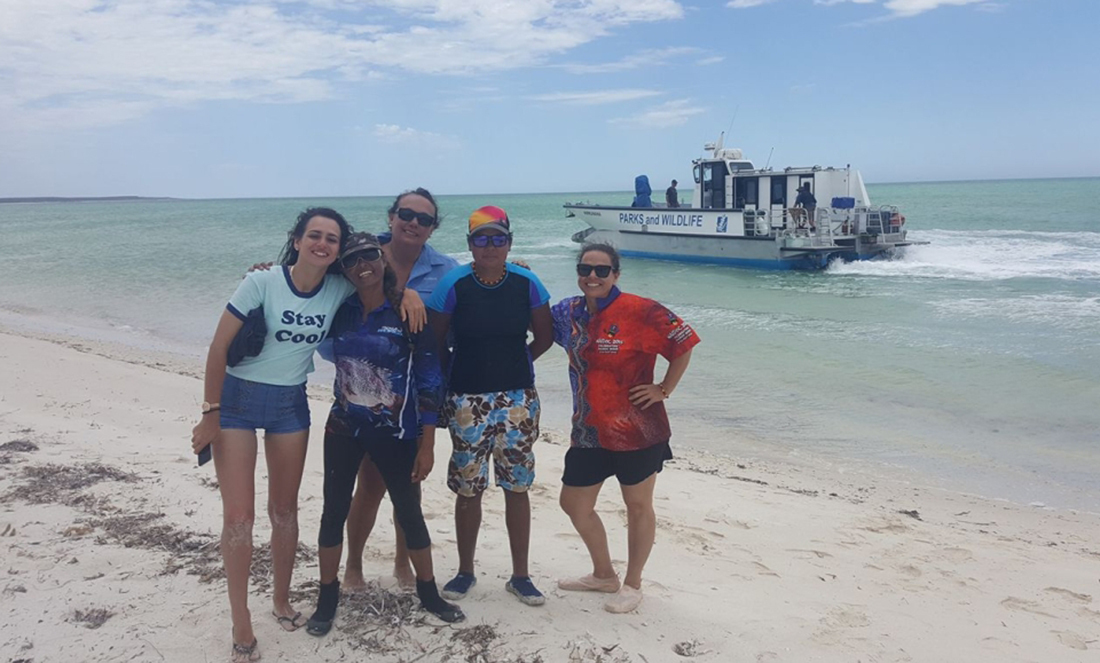
The girls measured the endangered turtles’ shells, monitored tagged turtles and added tags to turtles without tags.
Again, the results went far beyond traditional notions of success.
“I had my own daughter on that trip,” Bianca says. “It really influenced her. At one point, we had an argument and walked off in opposite directions. But when you’re on country, you can’t keep that up. This kind of work brings people together.”


